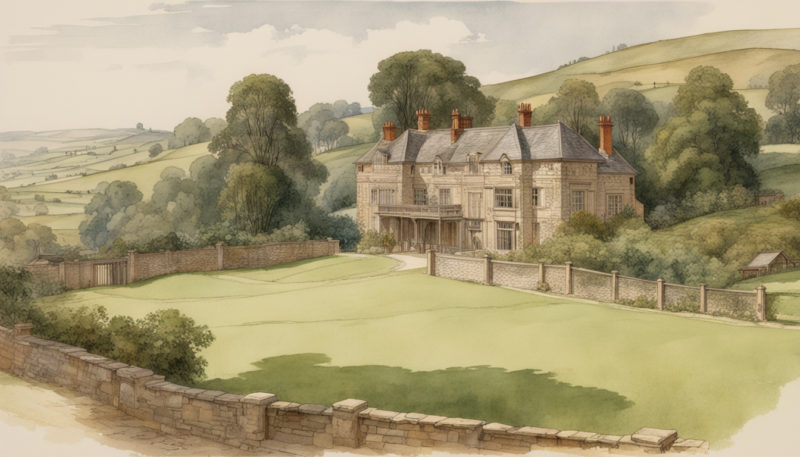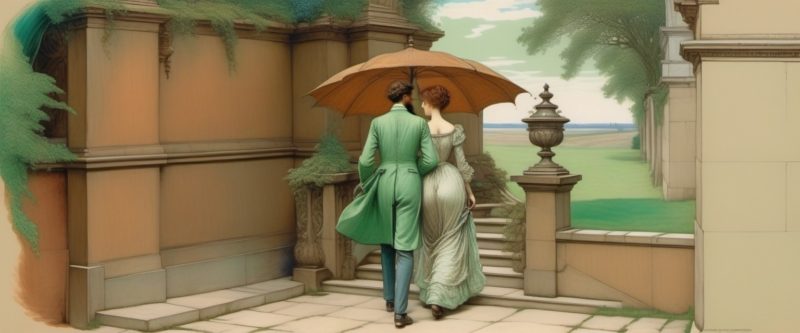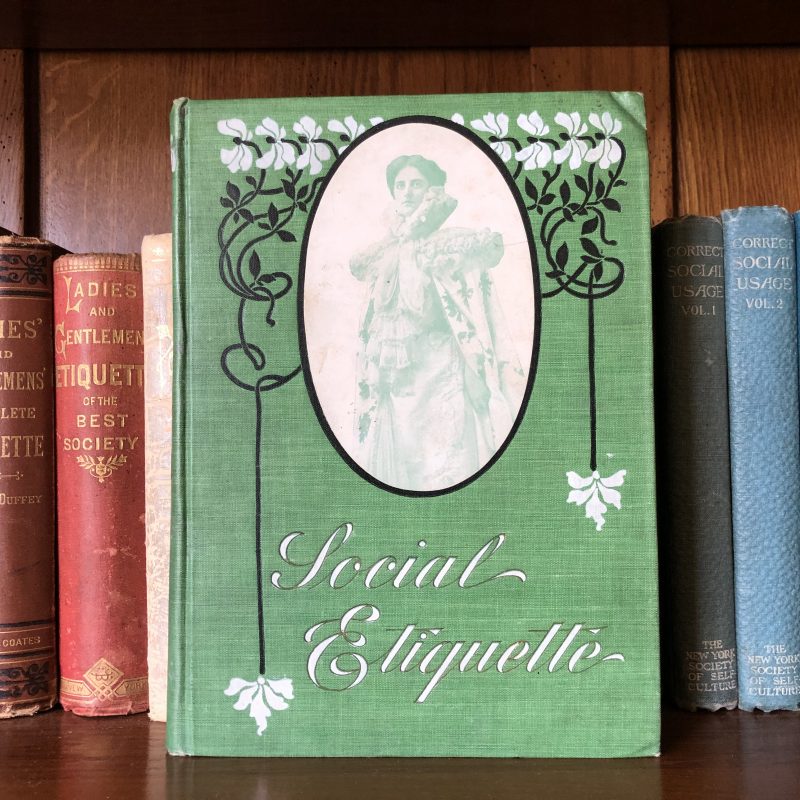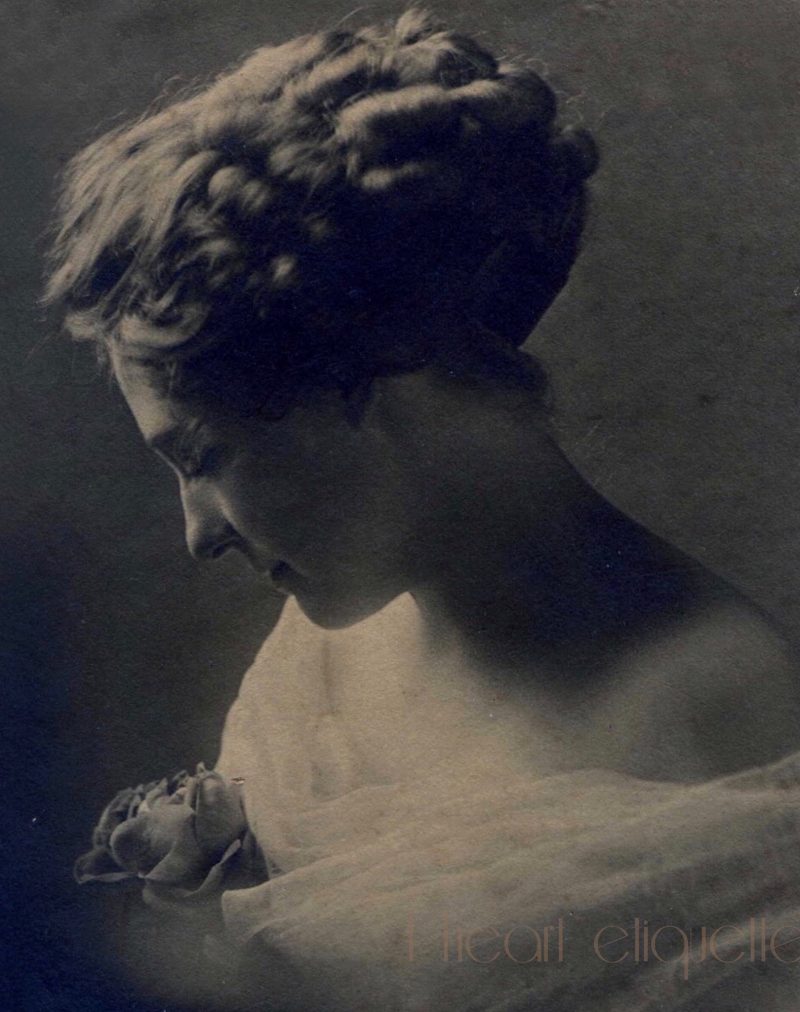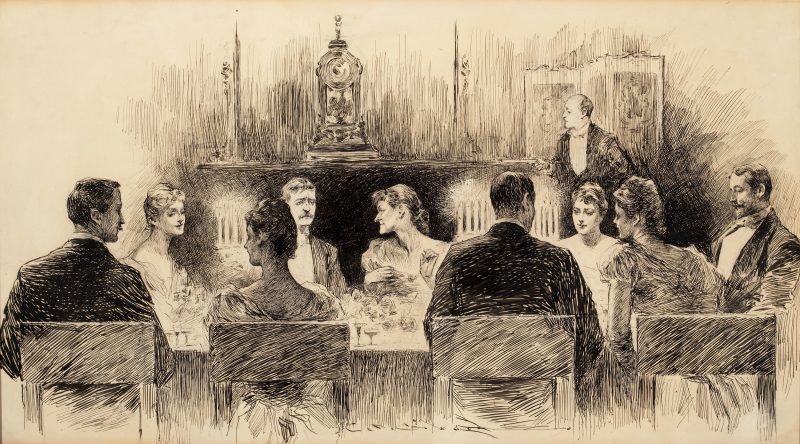I want to talk about the people who populated the grand Victorian and Edwardian home, but first I need to mention the staff who always seem to go missing in period dramas. If you had owned a country house during the Victorian or Edwardian periods, you would have first and foremost hired a Land Steward…
Read More